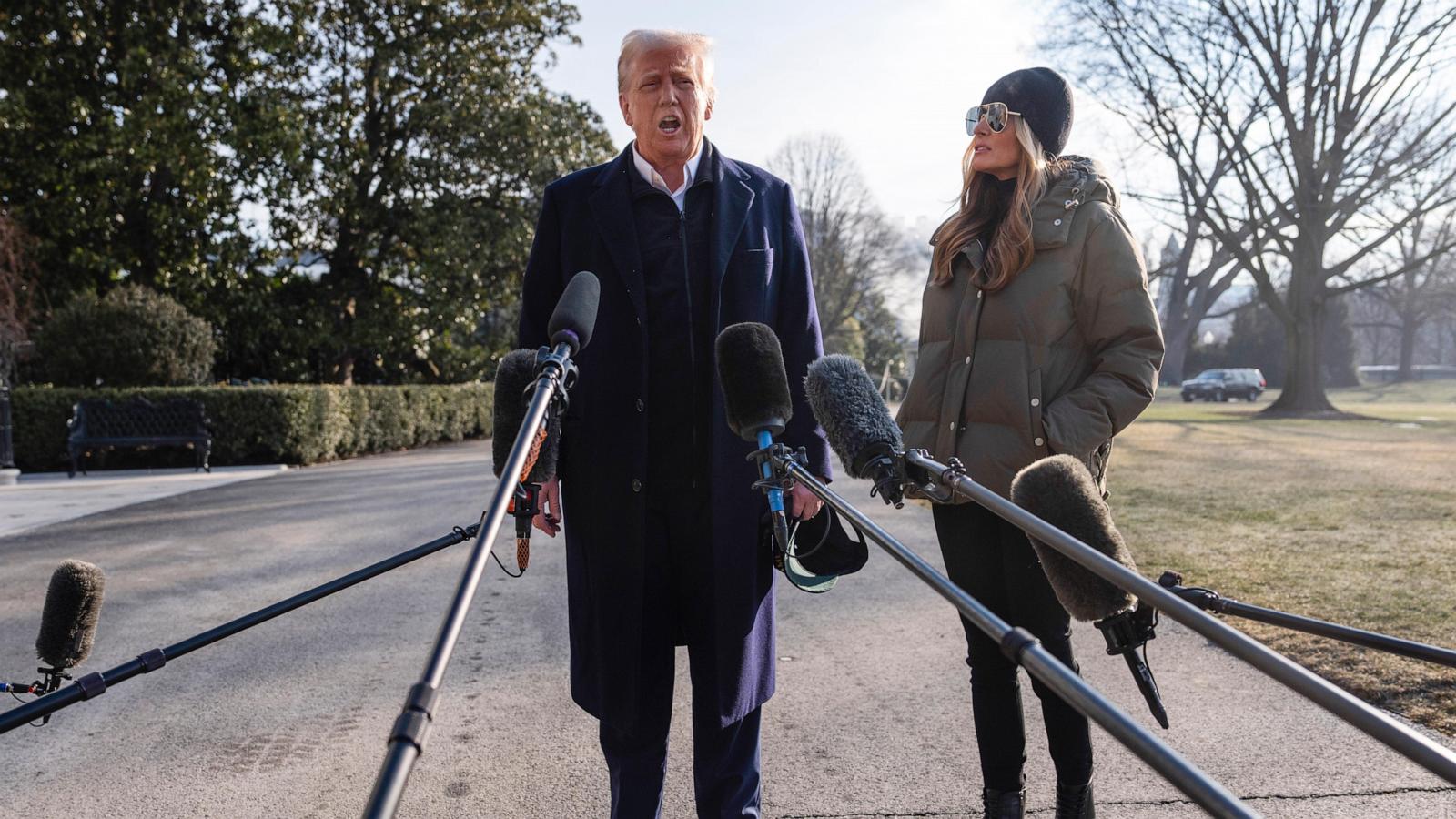Trump's Bold Gambit: Can Crushing Russia's Oil Revenue End the Ukraine War?
The world watches with bated breath as the brutal conflict in Ukraine drags on. Now, a controversial strategy has emerged from an unexpected source: former President Donald Trump. He believes the key to ending the war isn't more military aid or diplomatic pressure, but rather a financial knockout blow—targeting Russia's lifeblood: its oil revenue. Is this a brilliant masterstroke or a reckless gamble? Let's dive into Trump's audacious plan and analyze its potential consequences.
OPEC+ and the Oil Price Squeeze
Trump's strategy hinges on pressuring OPEC+, the powerful alliance of oil-producing nations, to drastically cut oil prices. His logic is simple: Russia relies heavily on oil exports, and a significant drop in prices would cripple its war machine. He's argued that by slashing revenue, Moscow will be forced to negotiate and bring an end to the bloody conflict that has claimed countless lives. It's a gamble to try to bleed Putin financially and economically. But how feasible is it to implement and is it truly the path to peace?
Can OPEC+ Really Make it Happen?
While Trump enjoys a stronger relationship with Saudi Arabia's Crown Prince, Mohammad bin Salman, than his successor President Biden, it remains a challenging proposition. OPEC+ has its own considerations, including weaker-than-expected oil demand. Experts note that oil companies generally respond to market forces, not political pressure. Furthermore, a significant drop in oil prices could have far-reaching negative consequences around the globe that go beyond a quick fix for the current war. Can OPEC+ withstand Trump's pressure, or will political influence prevail? Can the pressure be effectively implemented?
The Kremlin's Defiance and the $60 Price Cap
Russia dismissed Trump's proposed strategy and insisted that the conflict isn't about money. Instead, Moscow cites security threats and a lack of response from the West to its concerns as the driving force behind its aggression. The Kremlin's perspective highlights the complexity of the issue. There is already a global price cap of $60 per barrel on Russian oil to diminish revenue; but still Russia found creative workarounds with China and India to ensure that revenue streams are minimally affected.
Beyond Oil: Is the Root of the Problem Deeper?
This situation raises the question: Is oil the actual root cause of the conflict? Or does a much deeper underlying conflict that centers around geopolitics influence Russian motives and goals for the war? Some believe the root causes are much deeper, geopolitical issues that would not be solved by this strategy alone.
A Risky Gambit: Comparing Trump's Approach to Biden's
Trump's direct engagement with Saudi Arabia contrasts sharply with Biden's approach. Biden faced pushback earlier, highlighting the complexities of navigating this delicate geopolitical situation with conflicting international interests and implications.
Will Trump Succeed Where Biden Failed?
The success of Trump's approach remains uncertain. Many factors would determine whether it succeeds. Ultimately it is likely to depend on what is asked of OPEC+, how much pressure is brought to bear on the organization and whether Trump’s approach carries more weight. This will determine whether or not he is capable of achieving success on this strategy where President Biden was not.
The Human Cost and the Path Forward
The Ukraine conflict has caused immense human suffering on both sides. The sheer number of casualties might not sway Putin's approach to the war.
A Way Out of the War
Some argue that economic pressure, though crucial, may not be enough to resolve a crisis fueled by deep-seated political issues. The conflict is deeply rooted in international geopolitical dynamics, the root of which may not even remotely be connected to economic incentives, oil production, or even the revenue involved.
Take Away Points:
- Trump's bold strategy focuses on weakening Russia economically through oil price manipulation, a risky bet on pressuring the country to stop the conflict.
- The success hinges on convincing OPEC+ to drastically cut oil prices, despite the complicated interplay between market economics and political relationships.
- Russia refutes the claim that economic issues fuel the conflict, pointing instead to its security concerns and historical disputes.
- Whether Trump will achieve better results than his predecessor remains a point of contention.
- Addressing the deeper geopolitical factors behind the conflict is considered necessary for lasting peace.









